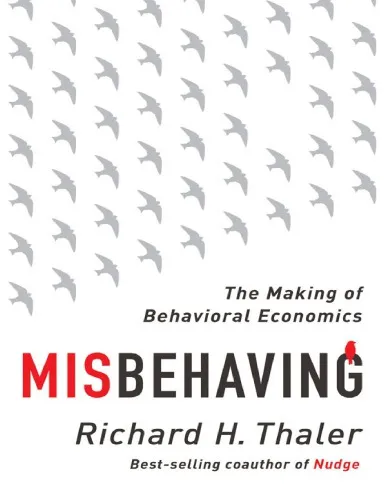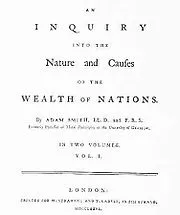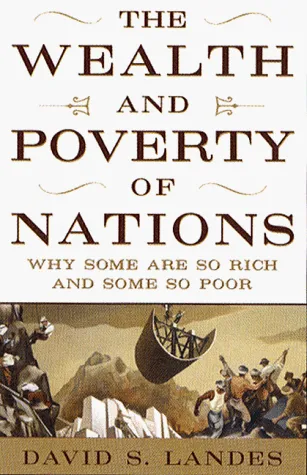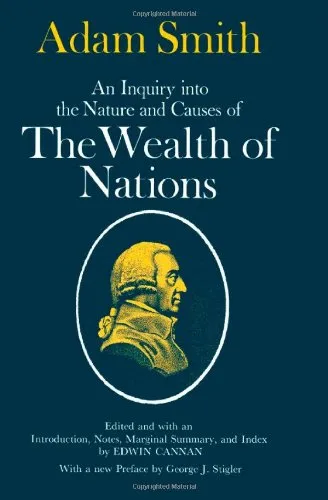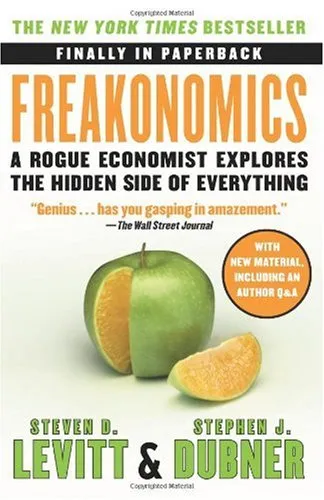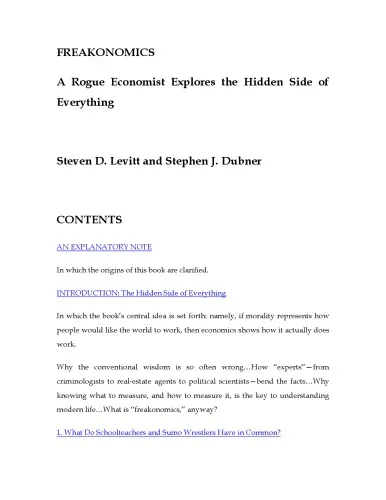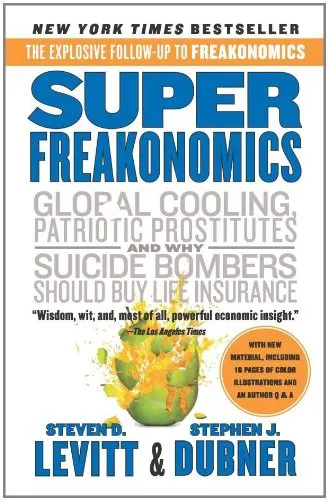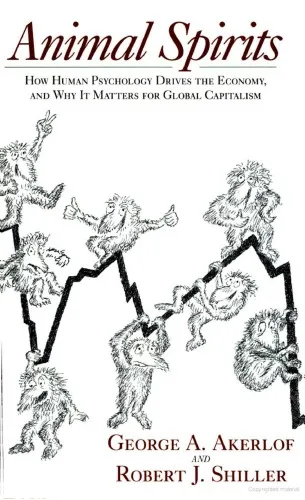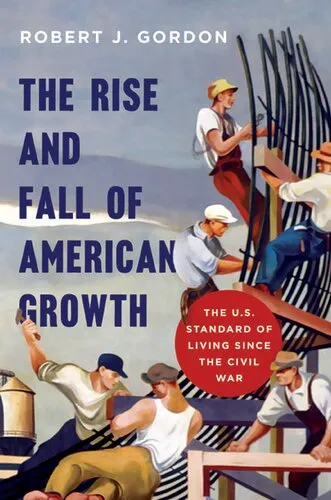Freakonomics - A Rogue Economist Explores the Hidden Side of Everything
4.5
Reviews from our users

You Can Ask your questions from this book's AI after Login
Each download or ask from book AI costs 2 points. To earn more free points, please visit the Points Guide Page and complete some valuable actions.Related Refrences:
Introduction to 'Freakonomics - A Rogue Economist Explores the Hidden Side of Everything'
Welcome to the intriguing world of 'Freakonomics', where economic theory meets real-world phenomena. Authored by Steven D. Levitt and journalist Stephen J. Dubner, this groundbreaking book unravels the complexities of everyday life through the lens of economic analysis.
Detailed Summary of the Book
At its core, 'Freakonomics' challenges the conventional wisdom by exploring the incentives driving human behavior. Levitt and Dubner raise provocative questions, inspecting situations most economists overlook — from schoolteachers and sumo wrestlers to real estate agents and drug dealers. The book comprises a collection of disparate essays, each unveiling surprising truths backed by empirical data and innovative thinking.
In the opening chapter, they explore the cheating mechanisms of Chicago schoolteachers and Japanese sumo wrestlers, revealing how incentives can sometimes lead individuals down unethical paths. Moving forward, they scrutinize the economics of drug dealing, where Levitt likens the organizational structure to a familiar corporate hierarchy, laying bare the motives of those at each level of the operation.
The authors then navigate through subjects such as the impact of naming children, the real truth about crime rates, and the controversial relationship between legalized abortion and violent crime reduction. Each section employs creative analysis to unpack complex social issues, thereby forcing the reader to reevaluate their understanding of causality in societal affairs.
Key Takeaways
- The power of incentives is a crucial factor in understanding behavior — people tend to respond more predictively when the right incentives are in place.
- Information asymmetry, where one party in a transaction has more or better information than the other is a prevalent force in the economy.
- Conventional wisdom often arises from a limited perspective and can be outdated or misleading.
- Complex social phenomena can often be explained by simple economic principles when studied without bias.
Famous Quotes from the Book
"Morality, it could be argued, represents the way that people would like the world to work – whereas economics represents how it actually does work."
"An incentive is a bullet, a lever, a key: an often tiny object with astonishing power to change a situation."
Why This Book Matters
'Freakonomics' marks a pivotal shift in the field of economics, demonstrating that the discipline extends far beyond graphs and fiscal policies. It showcases the vast applicability of economic principles to various societal domains, from education and crime to parenting and culture. The book portrayed economics as a potent tool for understanding real-world issues, igniting curiosity among both students and seasoned economists.
Moreover, 'Freakonomics' invites readers to adopt a different perspective when examining how things work. By empowering readers to question existing narratives and analyze the data for themselves, it has influenced countless individuals to rethink the status quo. The seminal impact of 'Freakonomics' continues to reverberate, making it an essential read for anyone interested in the hidden influences that shape our world.
Free Direct Download
You Can Download this book after Login
Accessing books through legal platforms and public libraries not only supports the rights of authors and publishers but also contributes to the sustainability of reading culture. Before downloading, please take a moment to consider these options.
Find this book on other platforms:
WorldCat helps you find books in libraries worldwide.
See ratings, reviews, and discussions on Goodreads.
Find and buy rare or used books on AbeBooks.
1295
بازدید4.5
امتیاز0
نظر98%
رضایتReviews:
4.5
Based on 0 users review
Questions & Answers
Ask questions about this book or help others by answering
No questions yet. Be the first to ask!

